While it is not possible to predict what the country’s political course will be, one thing is certain: the path to a politically stable Nepal will not be easy or even short.
To cite CPN-UML leader Mahesh Basnet’s “challenge” to Chief Justice Cholendra Shumsher Rana from Maitighar Mandala on Monday to come to open politics, can definitely be a recipe for political instability. Agree or not!
Lashing out at Rana for turning the court into a political body, Basnet had challenged that his party would not accept the court’s decision, giving a signal of instability and confrontation.
The politics certainly in Nepal lacks a clear pathway since it involves a shift of leadership to an already assessed, evaluated, tested and proven not very efficient Sher Bahadur Deuba, the President of Nepali Congress.
After all, it is the unfortunate people who compromise and are bound to respond to the leadership at a time when the political crisis in the country has been dragging on for too long.
The country witnessed political turmoil after President Bidya Devi Bhandari dissolved the House of Representatives after unsuccessful attempts to get a majority to form a government by Prime Minister KP Oli.
Political observers debating the short as well as long-term political consequences have sounded the alarm that the political course would derail, and can even prove counterproductive.
To address this situation, Nepal’s political leaders need to adopt a unifying message by reaching across ideological divides. It is high time the leaders prepared the people to accept the need for lasting solutions.
However, the events of the last few months, and the court’s order to appoint NC President Deuba have increased the likelihood that CPN-UML Chairman KP Oli and his party could survey the political landscape and decide their next move that would pave the way for them to waltz back to Baluwatar after the next general elections, which he has been rooting for.
The truth is that UML Chairman Oli could also organize a couple of protest rallies, and toss around insults and witty criticism at Deuba, Maoist Chairman Pushpa Kamal Dahal Prachanda, and UML senior leader Madhav Kumar Nepal for “conspiring” against him.
Some Oli fans might even criticize the Supreme Court, which on Monday ordered the reinstatement of the House of Representatives, which the enthused opposition parties said the court’s order “protected the constitution and democracy.”
The court has ordered that a meeting of the reinstated House must be called within seven days, and Deuba appointed the Prime Minister on July 13.
It is yet to see whether the court’s decision has ended the prolonged political turmoil in the country but this has given an opportunity for better coordination and cooperation among political parties essential to mitigating the risks of political instability as Nepal cannot afford another political turmoil.
The political parties and their leaders must let democracy work the way it should as leadership matters.


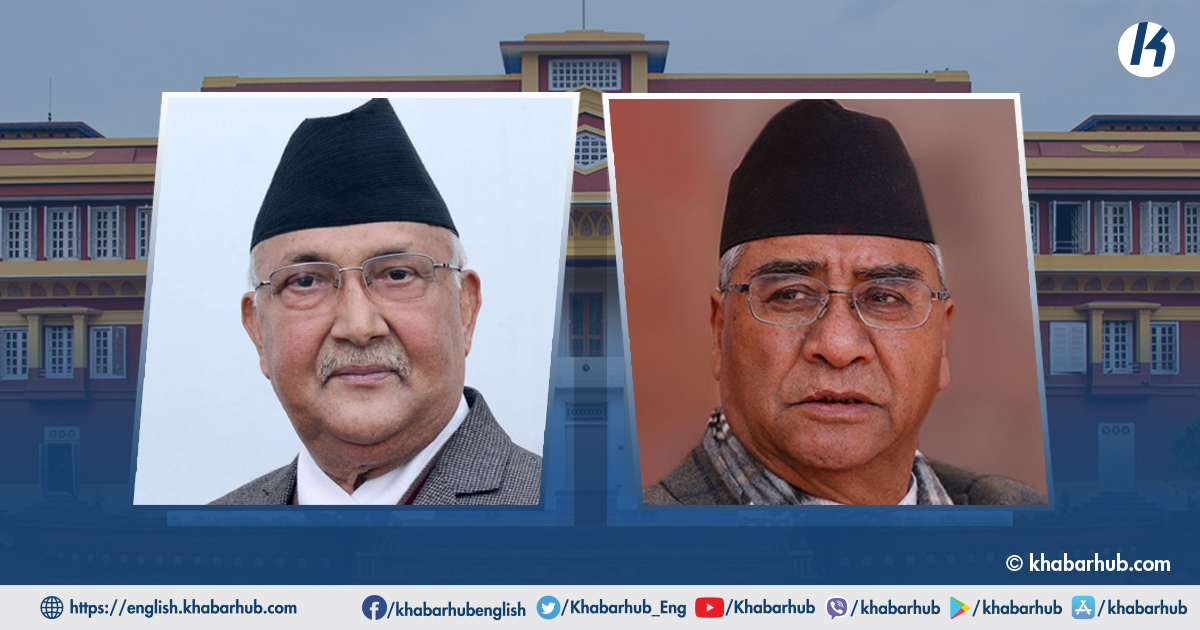
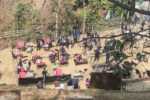
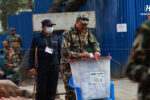
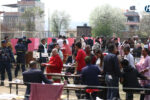
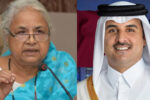

Comment